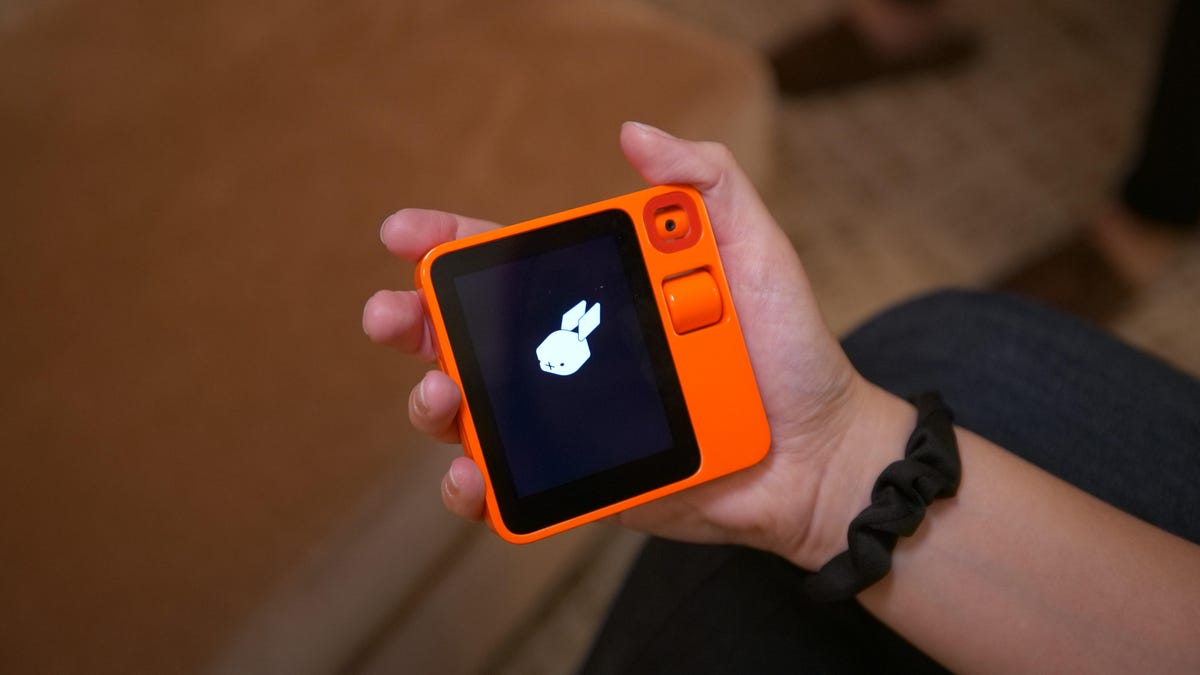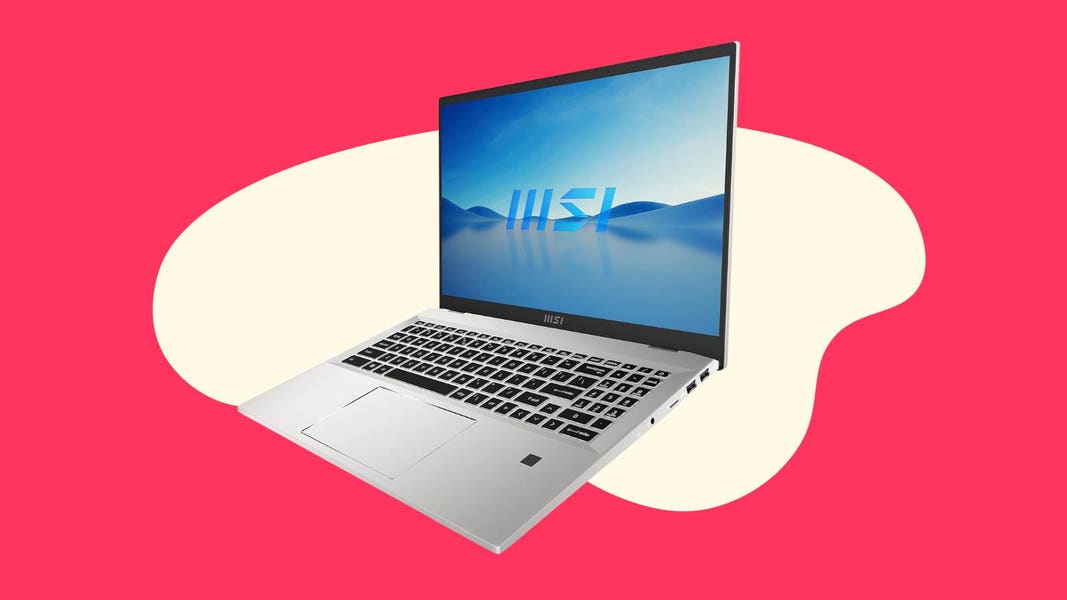The Rabbit R1, priced at $199 and set to be released in late March, is a compact device that can be held in the palm of your hand. Unlike traditional smartphones, this gadget functions as a dedicated personal assistant driven by artificial intelligence (AI). According to Jesse Lyu, the CEO of Rabbit, the proliferation of apps and features on smartphones has led to a loss of simplicity, a void he aims to fill with the R1.
Rather than navigating through apps, users interact with the R1 by simply pressing a physical push-to-talk button to make inquiries or play music on Spotify, akin to using a walkie-talkie. The device’s software is powered by a sophisticated action model or algorithm that learns from user interactions with apps and interfaces, enabling it to mimic and automate those processes. Lyu compares this experience to handing over your phone to a friend to place a takeout order on your behalf.
Despite the prevalence of virtual assistants like those from Google and Amazon, Rabbit’s R1 offers a unique approach by providing a purpose-built device that is separate from your smartphone, aiming to reduce distractions. The device’s retro aesthetic, highlighted by its bright orange color, small screen, and scroll wheel, sets it apart from conventional smartphones. While the R1 resembles a smartphone in some aspects, such as having a touchscreen display and a camera, it utilizes these features differently.
Although the Rabbit R1 does not operate on a traditional phone OS, it can still make calls, thanks to its SIM card slot and connectivity options. The device runs on a MediaTek Helios P35 processor, offering 128GB of storage and 4GB of RAM. While it does not support traditional apps, the R1 can interface with various services to fulfill user requests, such as playing music on Spotify or booking rides through Uber.
Rabbit’s innovative gadget, the R1, presents a fresh take on personal assistants in a tech-saturated world. By leveraging AI technology and a unique design, Rabbit aims to offer a compelling alternative to existing AI helpers. As the tech landscape continues to evolve, devices like the Rabbit R1 provide an intriguing glimpse into the future of AI-driven hardware.










